#EndSARS: How the Nigerian Youth Fight For Justice
Young Nigerians are banding together in the face of police brutality.
The #EndSARS movement began in early 2017, but now with the hashtag trending on Twitter with over 28 million posts, the Nigerian movement that urged the disbandment of SARS (Special Anti-Robbery Squad) has reached international news about the abuse and innocent killings of Nigerians suffered at the hands of SARS. On October 11th, the government declared the unit was “disbanded”, but prior statements on the dissolution of the unit led Nigerian protesters to believe that SARS is still working undercover, continuing the protests in retaliation.
SARS initially began in 1992 as a countermeasure created by the Nigerian police force to detain, interrogate, and prosecute criminals involved in armed robbery, kidnapping, and other violent crimes. As a part of their job, the officers wore masks and worked undercover, providing complete anonymity which restricted people from reporting which officers were responsible for human right abuses.
Instead of fighting violent crimes, SARS partook in several human rights violations such as extrajudicial killings (killings not authorized by the judicial powers), illegal “stop and searches”, unjustified arrests and detentions, brutalization and abuse of innocent teenage male Nigerians, and harassment and mistreatment of women by abusing the power the officers were given. The recorded abuses were then posted online to call for international support and aid from foreign powers. The evidence and stories of victims of the brutalizations then led to the creation of the hashtag #EndSARS on Twitter, which made international headlines and gave support to the protests going on in Nigeria. The protests, which were peaceful and called for change, quickly turned violent as the SARS officers attacked and carried out human rights abuses against the protesters.
On October 11th, the protesters in Nigeria curated a list of five demands from the Nigerian government. The demands included the immediate release of every citizen arrested during the protests, immediate compensation and justice for all who died due to police brutality, the creation of an independent department within a week to investigate and prosecute all reports of police misconduct and human rights violations, mandatory psychological evaluations, a new system for training SARS officers before they are placed in different police departments, and an increase in pay for all Nigerian police officers. These demands were signed by “A Nigerian Youth” to signify the united powers of the teenage population of Nigeria and how they will not rest until there is justice. That same day, the Nigerian government announced the dissolution of the unit, but as prior statements of dissolution had been placed within the past three years, the protesters soon realized it was a ploy for the government to attempt to stop the protests (which had motioned a wave of international criticism of the Nigerian government).
The following days had led to no significant change. The freedom of speech and protest were barred by officials putting a ban on the protests and threatening arrests of the teenage leaders. Instead of deploying SARS, the government deployed the local police departments to disperse the protesters by utilizing fear tactics, which led to the death of several bystanders. A week later, Anonymous, a well-known hacktivist organization, hacked the National Broadcasting Commission’s Twitter to post that they stand with Nigeria’s protesters, which led to another political outrage. Four days later, in the Nigerian city of Lagos, a 24-hour curfew was placed to control the protests as government workers took down cameras and disabled CCTV surrounding the areas by a toll gate. Once the curfew was adjusted to 9pm, the protesters went back into the streets near the toll gate to draw the attention of the government. At 7pm, the Nigerian Army arrived and open fired into the peaceful and unarmed protesters. Since the cameras were disabled, the only footage was from videos filmed by the protesters. This became known as The Lekki Toll Gate Massacre, which led to the injuries of 50+ innocent civilians.
Though the Nigerian government has tried repeatedly to cover up the human rights violations, Lekki Toll Gate Massacre, and the reported shootings by the army on innocent protesters in the past two weeks, the Nigerian youth has made one thing clear: they will not back down until justice is served.

Layan Al-Khaled is a Senior at South, and is the News Editor for Stinger. With her love for writing, reading, and research, she was inspired to join Stinger. Layan...

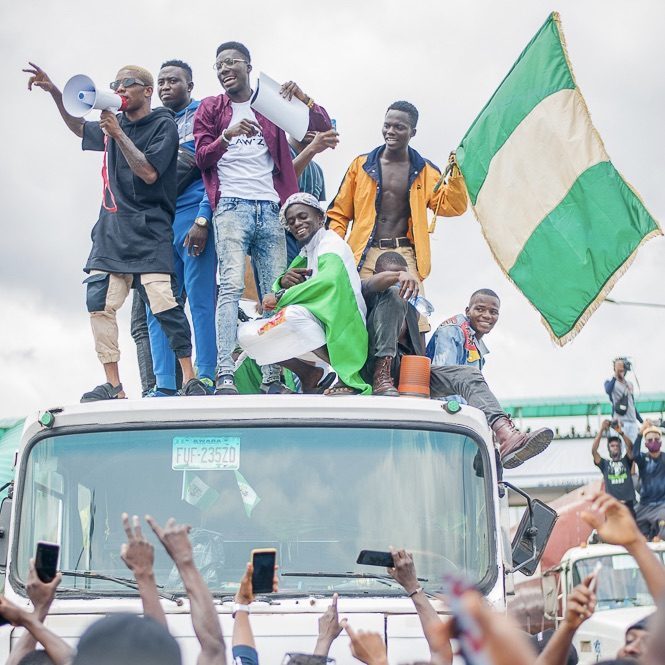
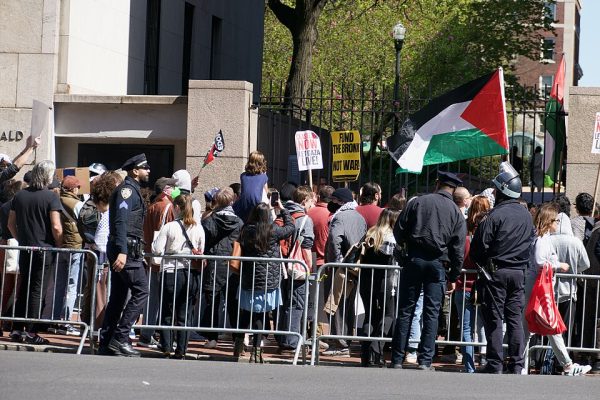
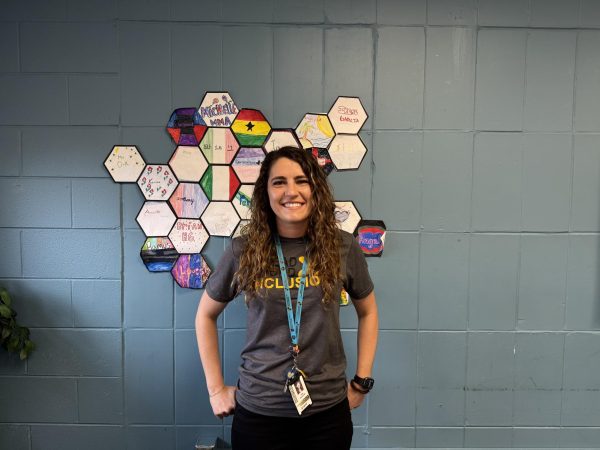

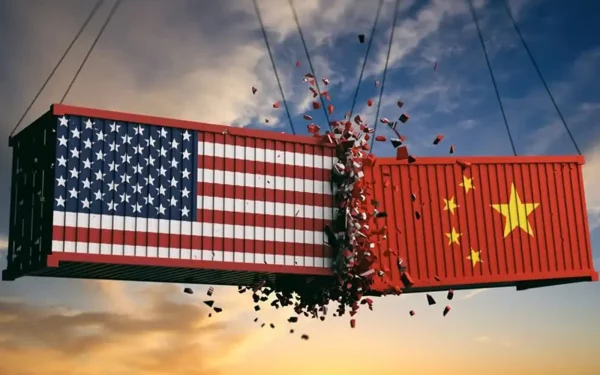
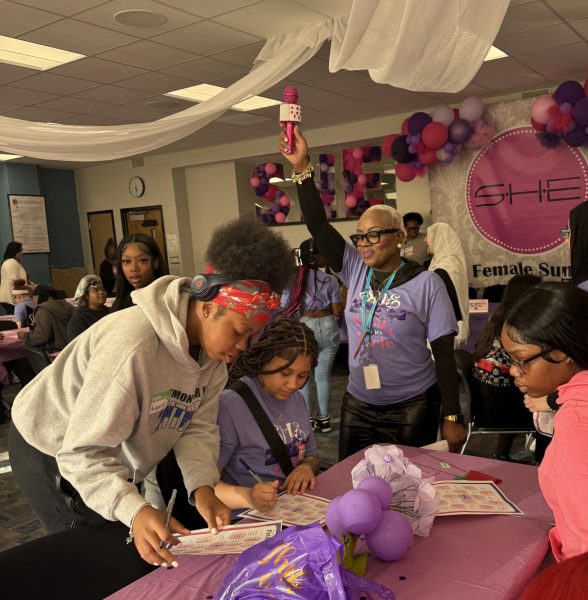
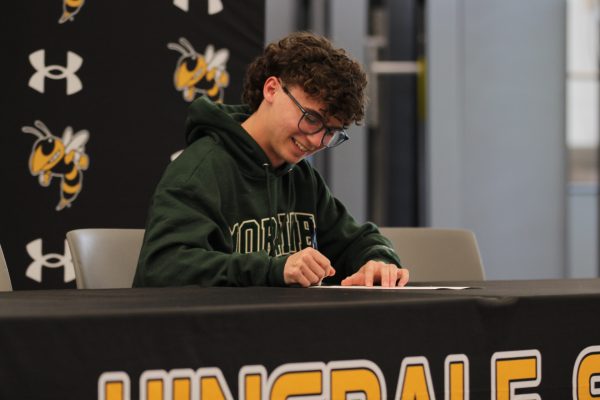
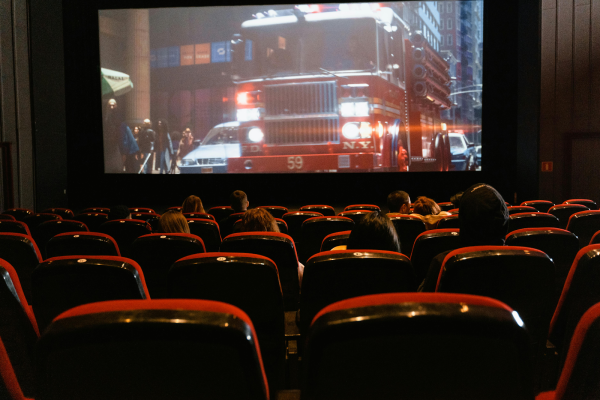
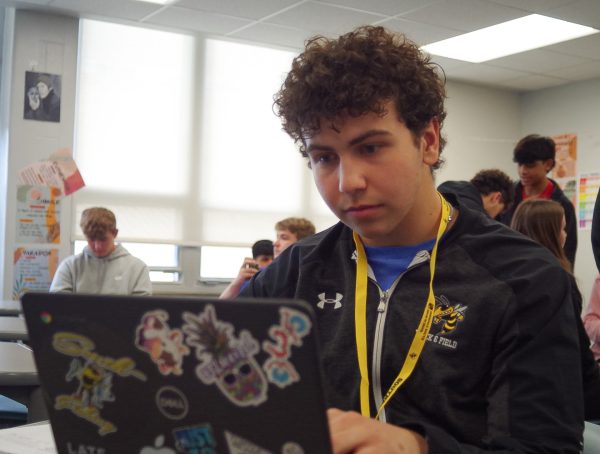
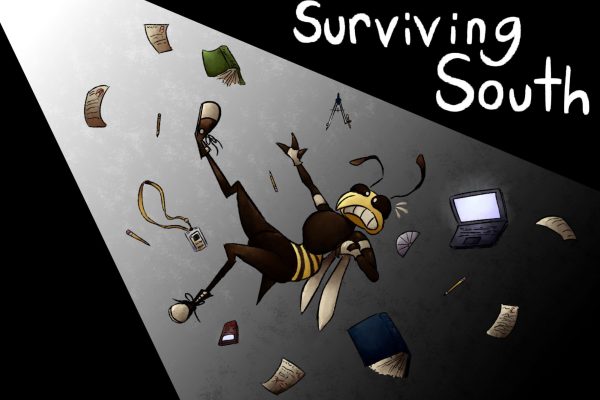
Safia Khan • Dec 2, 2020 at 6:05 pm
Wow! This is such a well-written, amazing, and informative article! Great job Layan!